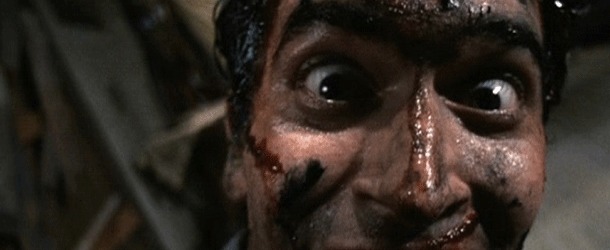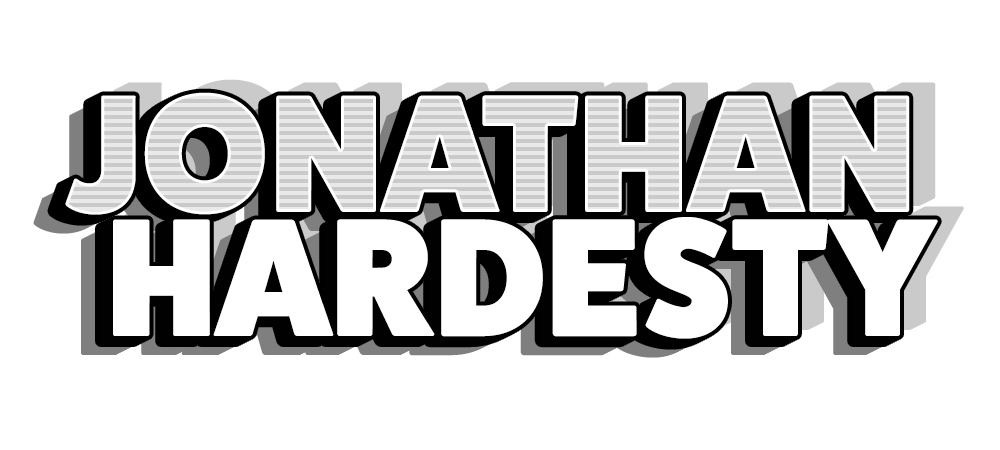
5.1 GB left of 8.7 GB. I’ve been sitting at my computer for a little bit now, staring at the progress bar in the hopes that it will magically move faster and faster in the ensuing moments. Since I’ve been doing this for a bit now (like I just said), it’s probably safe to assume that it’s going to take even longer to finish. So while the download is doing it’s thing and pissing me off, I figured I would jot down some thoughts in a stream of conscious manner to break the monotony of my latest string of “well-organized” posts.
In short, I want to talk about outlines.
I hate outlines. I hate writing outlines and I hate thinking about them. I come from a method of writing that involves turning on the writing program of choice and just vomiting as many words out as I can, hoping to touch upon a compelling narrative or two in the process. I like saving that organization thing for the second draft, where I have to put thought into stuff like theme or why making the side character a cat instead of a man is hilarious. No, really. It’s funny as hell.
But lately I’ve started to change how I see the writing process. Call it a writer’s puberty, if you will. Suddenly, I find that I can’t write anything unless it’s got a preset structure going in. Something that would have simply been a sit-and-write before has now become an exercise in meticulous planning. The change happened with the last script I wrote (which I have YET to revise). I decided to do things different from my usual method and write out an outline to focus my writing and get things done in a shorter period of time.
Well, it worked. In fact, it worked so great that I got it in my brain that outlining was a good thing. Now I can’t write any kind of story without drafting up a roadmap of all the things that need to happen in the story. The problem here is that I’m still the person from before who needs to jump right in and start hammering on the keyboard like there’s no tomorrow. I still need that freedom to take the story anywhere and develop the characters as I go along.
4.5 GB left.
God, I really hate outlines. I should probably finish the one I’ve started for my horror film.


